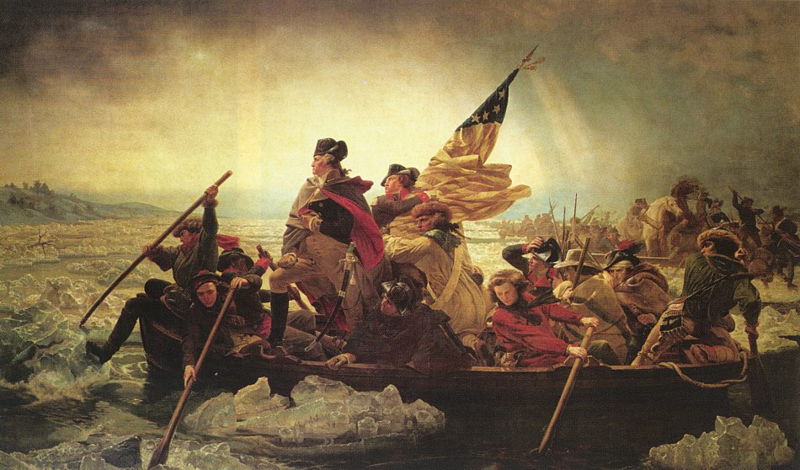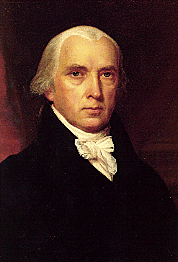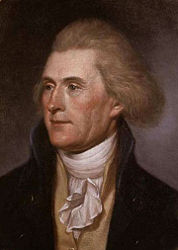The juxtaposition of two videos I saw today is eerily representative of the current state of American affairs.
The national hero, Buzz Aldrin, speaking on the future of space travel. It all sounds great, unless you listen to more that five contiguous words and try to make a coherent concept out of them.
Obviously Xeni Jardin had a great opportunity to interview such an important man, and couldn’t let the footage go to waste. The inanity is somewhat like a bus wreck. A bus full of parakeets juggling crystal goblets. Shiny.
The other interview was Bill Moyers talking to Andrew J. Bacevich (includes transcript). I actually only heard the audio to this one, though the video snips I did watch made it that much more revealing.
This almost hour of discussion is one that every American should be required to listen to and ruminate on. But we’re much more likely to watch the first one and yell “Go, Buzz!” (Hey, despite the incoherence, I did.)
Such is America’s attention span, and such will be its downfall.
I think I may have to go back and listen to Bacevich again. He did such a good job of relating his points, and the discussion was thick with content.
[Edit: a few days later SciAm had a cogent interview with Buzz. Seems like Xeni just had the bad luck of catching him when he had brain overload – apparently he’s been on a publicity tour of late for several things.]
 He presided over the acquisition of Florida, and the statehood granting to Mississippi, Illinois, Alabama, Maine, and Missouri. The Missouri Compromise and the Monroe Doctrine are all you’ll likely remember about him from grade school history.
He presided over the acquisition of Florida, and the statehood granting to Mississippi, Illinois, Alabama, Maine, and Missouri. The Missouri Compromise and the Monroe Doctrine are all you’ll likely remember about him from grade school history. Like all of the initial presidents, he was one of the Founding Fathers.
Like all of the initial presidents, he was one of the Founding Fathers. hours before John Adams, 50 years to the day after the Declaration of Independence was signed.
hours before John Adams, 50 years to the day after the Declaration of Independence was signed.